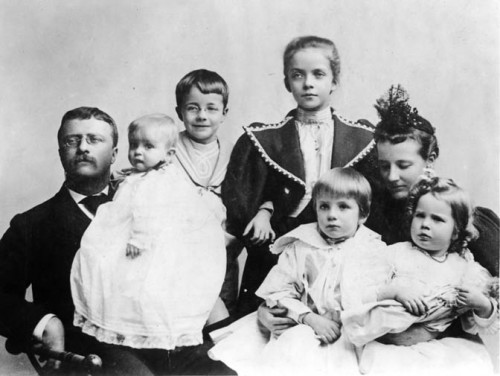As I called her, during the Hillary-Obama knock-down and drag-out over the Dem nom leading up to the 08′ Presidential Race festivities. I termed that particular contest “Ebony vs Ovary.” They were well-matched for awfulness, back then, weren’t they? Chicago machine politics vs Arkansas skeevy corruption; in the words of Henry Kissinger, it was a pity that both of them couldn’t lose.
So she has lost out twice, but now we see Her Inevitableness mounting up once again and setting out to bash the windmills once again, although that particular image means that Huma Abedin is in the Sancho Panza role, which doesn’t work on so many levels that you’d have to explore other dimensions to reach them all. All props for grim determination, I have to say and I’d also have to say that once upon a time, I might have respected her a lot more if she had only dumped that sweet-talking sleaze of a husband once they were done with the White House the first time, taken back her family name and … like actually done something efficient and effective on her own.

